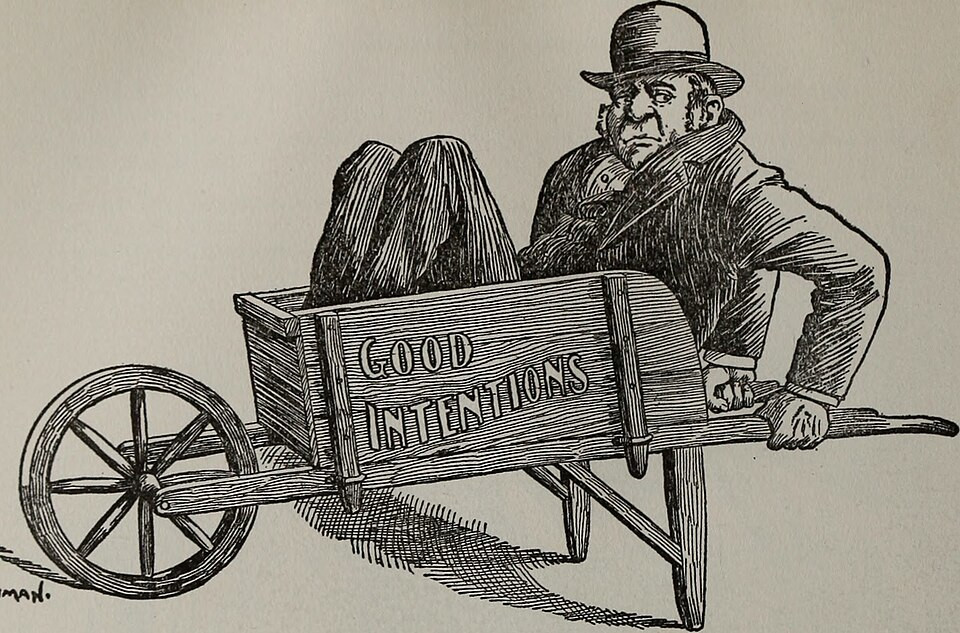Devised by English orthographer Christopher Upward, Cut Spelling seeks to reform English by eliminating and substituting letters to better match the spoken word:
Wen readrs first se Cut Spelng, as in this sentnce, they ofn hesitate slytly, but then quikly becom acustmd to th shortnd words and soon find text in Cut Spelng as esy to read as traditional orthografy, but it is th riter ho realy apreciates th advantajs of Cut Spelng, as many of th most trublsm uncertntis hav been elimnated.
Words in this scheme are 8 to 15 percent shorter than their standard spellings, and the rules are more systematic, arguably making them easier to learn for both newcomers and established readers. The plan was promoted for a time by the Simplified Spelling Society but, like so many other reform proposals, never achieved wide acceptance.



